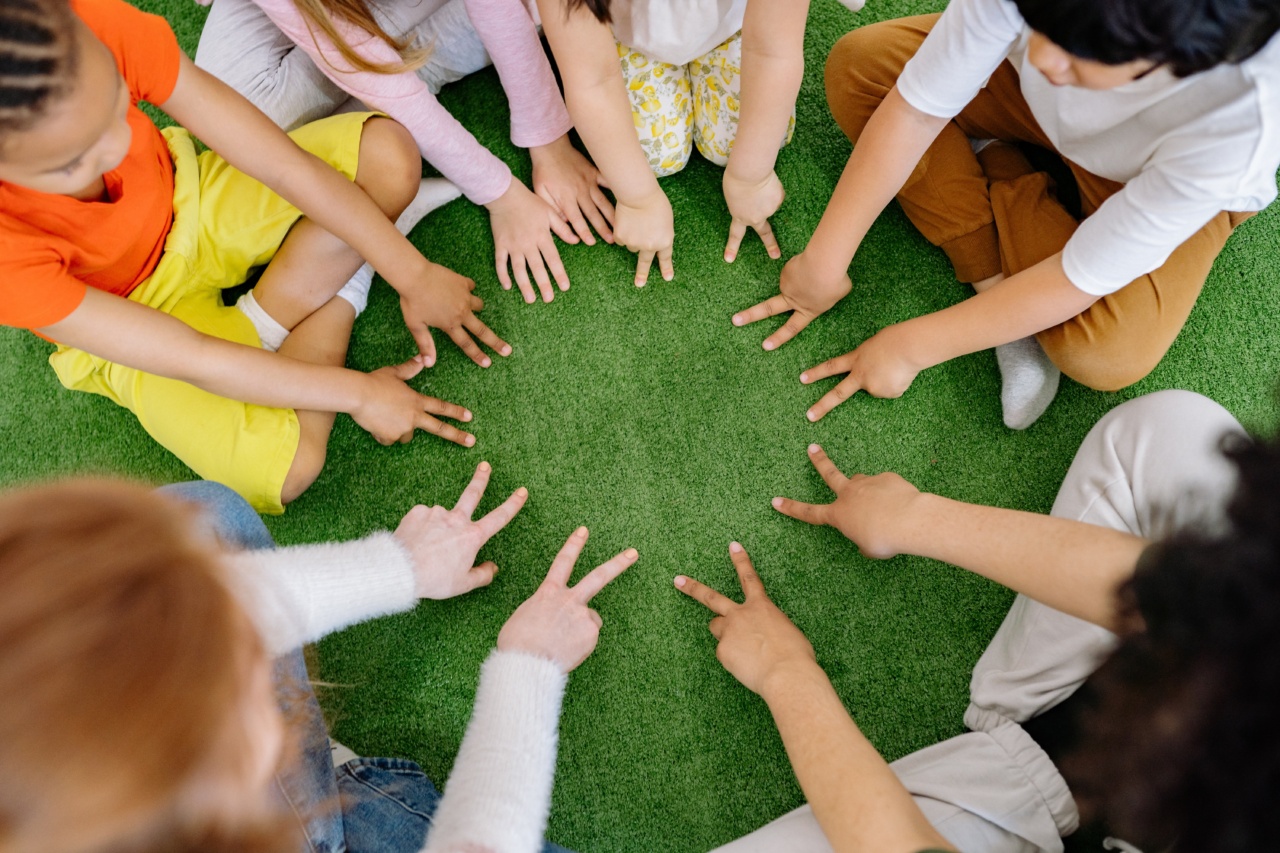Kindergarten is an essential part of a child’s educational journey, as it’s a stepping stone to their future academic career.
It’s during this period that children acquire and develop several skills that would help them navigate through life as they grow up. Here are the top competencies children should possess after kindergarten:.
1. Communication Skills
Effective communication skills are essential for a child’s success, both in their personal and academic life.
In kindergarten, children develop and refine their language and literacy skills through various activities such as reading, writing, and storytelling. By the end of kindergarten, children should be able to communicate their thoughts and feelings clearly, articulate their ideas, and express themselves confidently.
2. Social Skills
Kindergarten provides children with ample opportunities to interact and socialize with their peers and teachers. As a result, children develop crucial social skills such as collaboration, empathy, and respect.
They learn how to take turns, listen actively, and work with others towards a common goal. These skills play a vital role in a child’s success in school and beyond.
3. Critical Thinking and Problem-Solving
During kindergarten, children develop their critical thinking and problem-solving skills through various activities such as puzzles, games, and experiments.
They begin to understand cause and effect relationships, analyze situations, and find solutions to problems. These skills are particularly essential as they will serve as a foundation for their future academic and professional pursuits.
4. Independence and Self-Reliance
Kindergarten encourages children to become independent and self-reliant. They learn how to perform tasks such as tying their shoes, packing their backpacks, and following routines without assistance.
These skills help children develop a strong sense of self-efficacy and build their confidence levels.
5. Creativity and Imagination
Kindergarten provides children with ample opportunities to explore and express their creativity and imagination. Children engage in activities such as music, art, and dance, which allow them to think outside the box and come up with new ideas.
These skills are crucial for a child’s intellectual and emotional development.
6. Physical Development
Kindergarten also focuses on a child’s physical development, as it’s an essential aspect of their overall growth.
Children engage in various physical activities such as running, jumping, and playing games, which help them develop their gross motor skills. They also engage in activities such as drawing and writing, which help them develop their fine motor skills.
7. Listening and Following Instructions
Listening and following instructions are crucial skills that children learn during kindergarten. They learn how to pay attention, follow directions, and complete tasks without assistance.
These skills are essential for their academic success, as many classroom activities require children to listen and follow instructions carefully.
8. Love of Learning
Lastly, kindergarten instills in children a love of learning. Children are encouraged to explore, ask questions and make discoveries independently.
They learn that learning can be fun, exciting, and rewarding, which helps to build their enthusiasm for education.
Conclusion
Kindergarten plays a crucial role in a child’s educational journey. The skills and competencies gained during this period lay the foundation for their future academic and personal success.
By the time they complete kindergarten, children should have developed the ability to communicate effectively, collaborate with others, think critically and creatively, and be self-reliant.





























